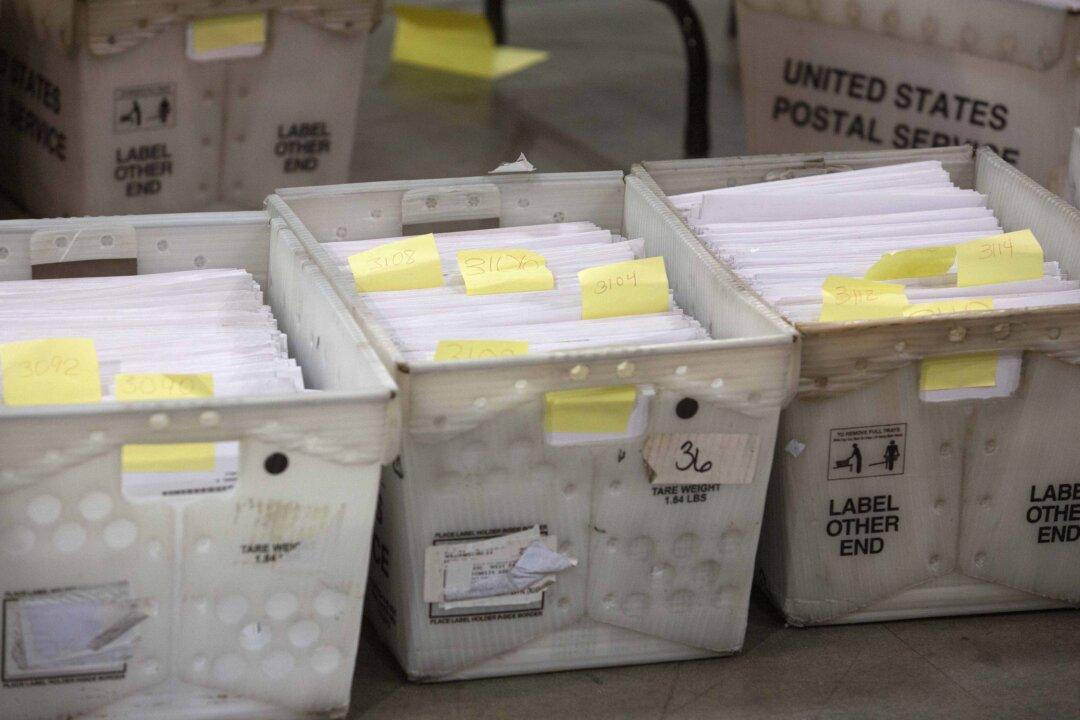An audit by a right-leaning nonprofit flagged nearly 24,000 voter files in Florida’s Palm Beach County because of issues that include registrations in multiple states, double voting, voting on behalf of the dead, and registrations by “apparent” noncitizens.
“The issues found indicate that efforts at list maintenance over the years have either been lax, inconsistent, ignored or ineffective,” the Public Interest Legal Foundation (PILF) stated in a November report (pdf).





